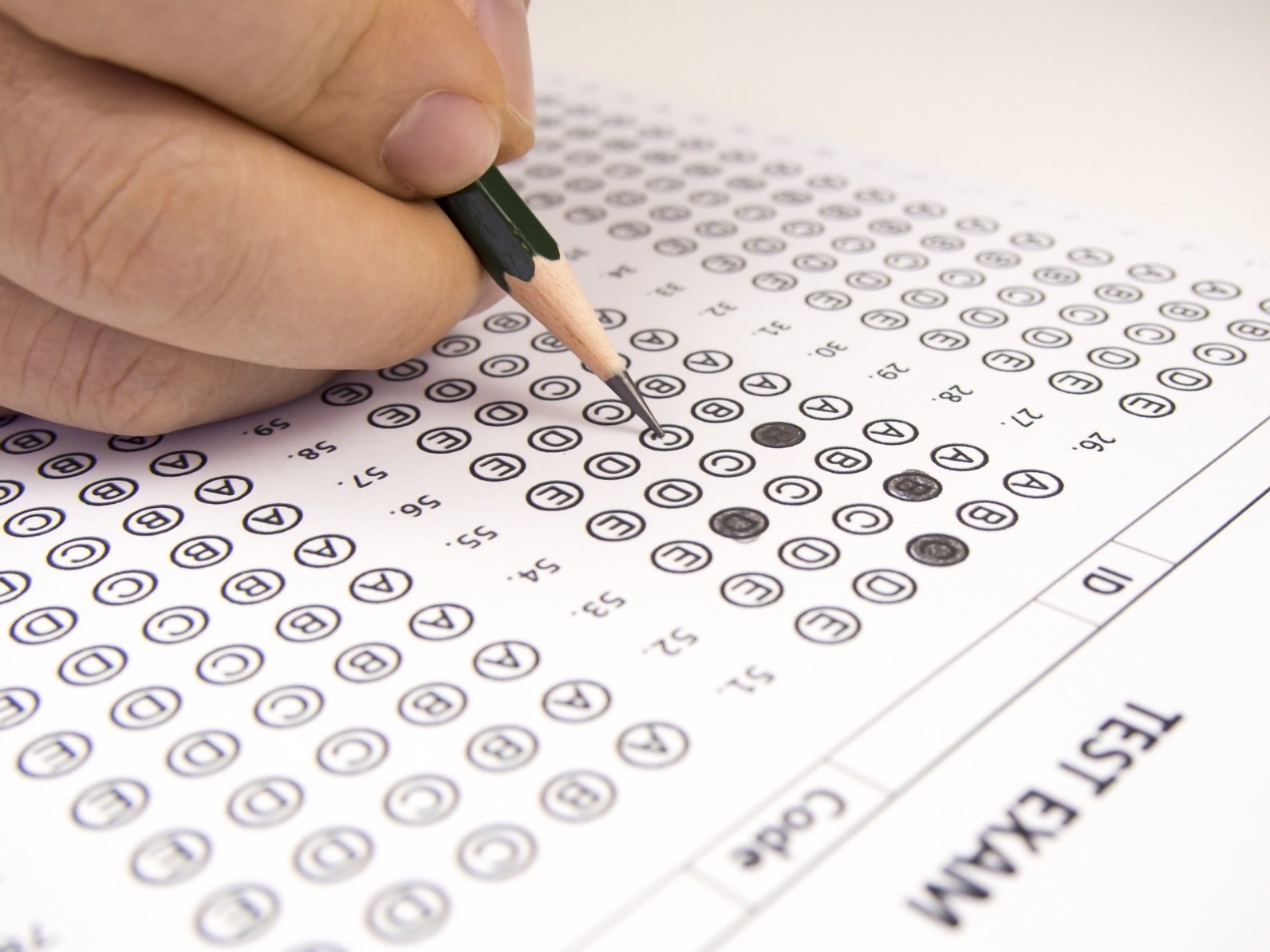Standardized tests are an integral part of the education system worldwide. They evaluate a student’s knowledge, skills, and academic performance. Standardized tests like SAT, ACT, GRE, GMAT, and LSAT play a critical role in determining the future of students. Scoring high on these tests can open up opportunities for higher education, scholarships, and more. As a result, a lot of students turn to tutoring for standardized tests as a way to improve their scores. In this comprehensive guide, we’ll discuss the tips and tricks for successful tutoring for standardized tests.
- Set a Goal:
The first step towards an effective tutoring plan is setting a goal. Starting with a realistic and achievable target is crucial. Students should identify what scores they desire and work towards achieving them.
- Develop a Tutoring Plan:

Creating a study plan is a crucial step in achieving success in any standardized test. It would be best if you had a detailed plan that covers all aspects of the test-taking process, from the content to the format of the test. This plan includes identifying strength and weakness areas, setting target scores, choosing study materials, and scheduling study sessions. A good Tutor will help identify areas of weakness and create a personalized study plan.
- Master the Content:
Getting a good score on any standardized test requires excellent content knowledge. Students must become familiar with the test format, types of questions, and the test timing format. Reviewing the necessary test materials thoroughly and understanding how the content applies to the designed testing questions will help the student score high on the test.
- Practice With Mock Tests:
Nothing beats the experience of taking the actual test, but taking practice tests can help students mentally prepare for the actual test day. The Practice tests in tutoring sessions can also help students practice answering questions quickly and accurately, manage time, and find strategies that work for them. The practice tests allow tutors to evaluate student weakness and work with the student to reinforce competence in weak areas.
- Avoid Test Anxiety:
Test anxiety is often the cause of underperformance on standardized tests. Anxiety has the potential to negatively impact the performance of a student. Tutors must have the right tools to help students alleviate anxiety while developing test-taking strategies that allow them to perform well.
- Manage Time Effectively:
Most standardized tests have a time-limit, and students must manage their time effectively. The students must learn techniques to answer questions quickly without sacrificing accuracy. Developing speed is about understanding the types of questions on the exam and knowing how to approach them.

- Work with an Experienced Tutor:
Choosing an experienced tutor is crucial for achieving success in standardized tests. A good Tutor must have the experience and expertise to evaluate the student’s skill level, identify areas that need improvement and create a study plan that the student can work on independently.
Taking standardized tests often induces anxiety and a feeling of inadequacy in students. However, with a personalized tutoring plan, the right study materials, and the right mindset, students can achieve their dream scores in standardized tests. Students must identify areas of weakness and work with an experienced Tutor who can create a personalized studying plan that fits the student’s learning style. Good instructional tutors will teach the right techniques for managing anxiety, understanding content materials, time management, and working on weak areas. Students that follow these tips and tricks will be well on their way to achieving their dream test scores.
